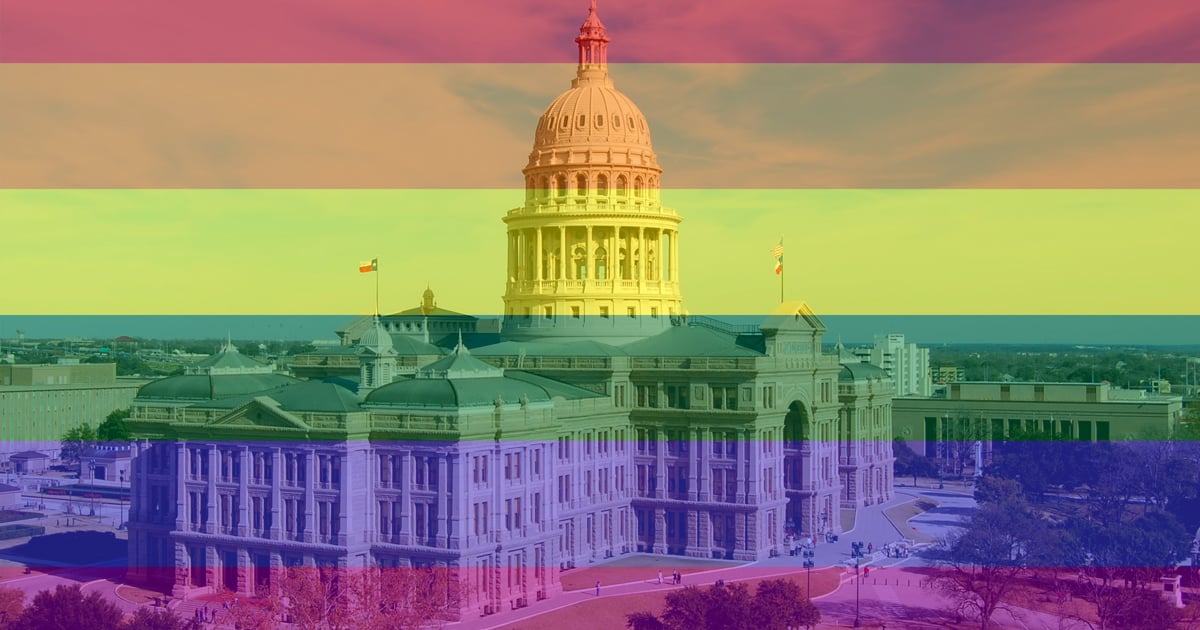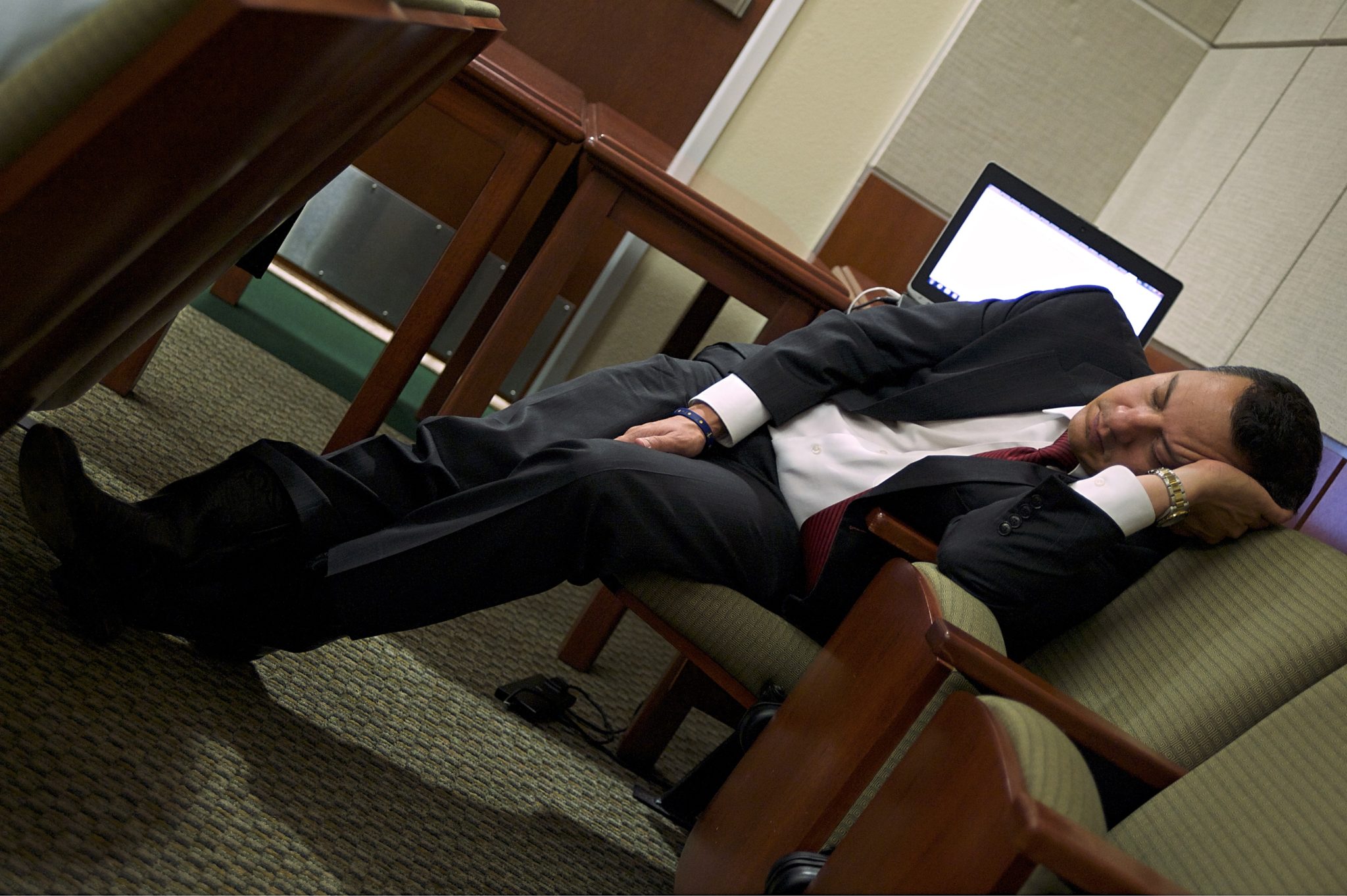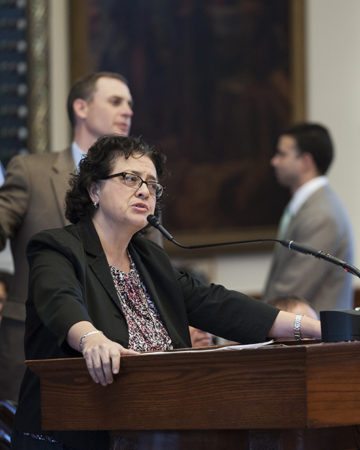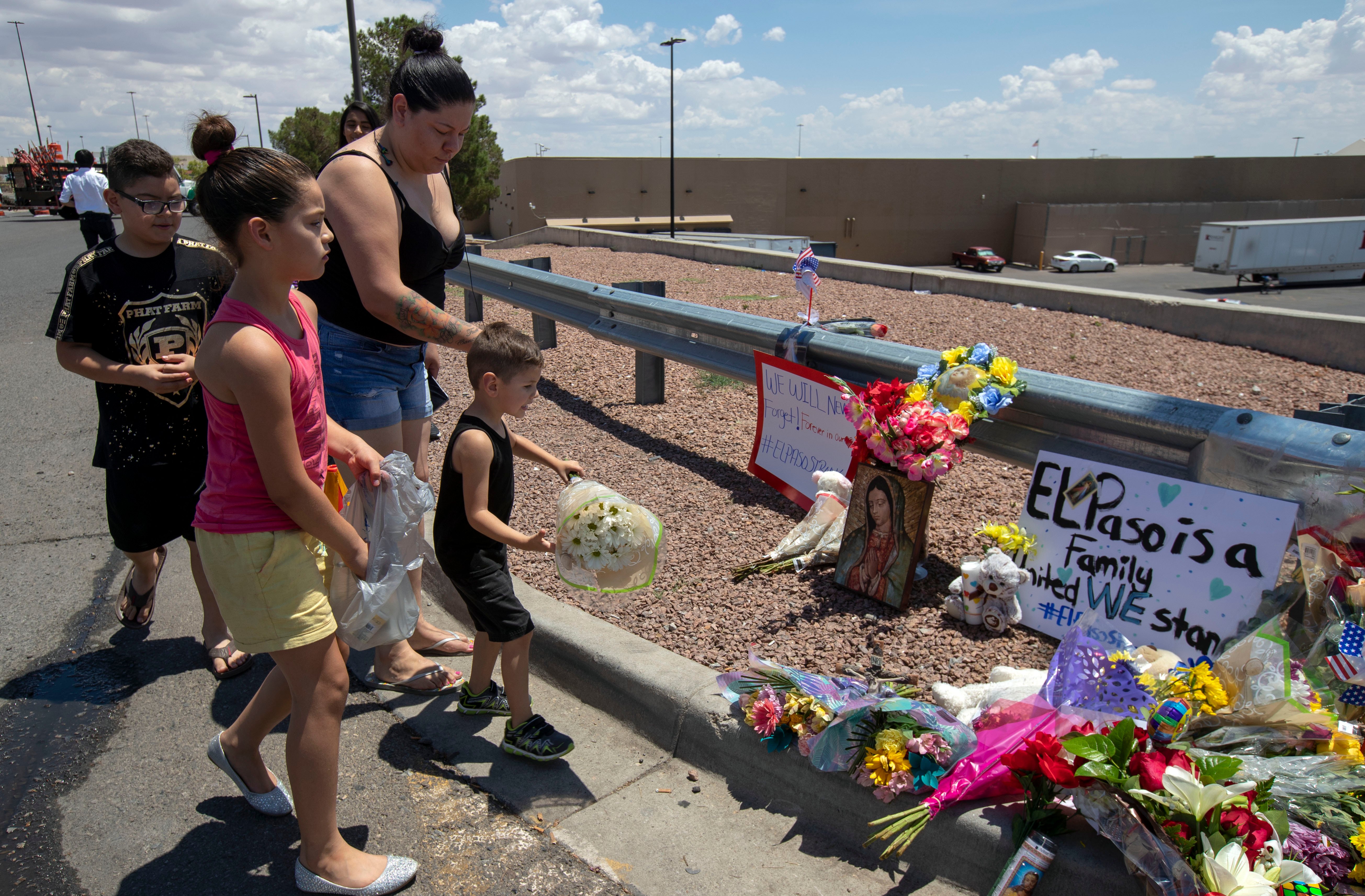
Christian Conservatives Bring Alarmist #BanTheBible Message to Texas Capitol
The religious right’s desperate new messaging strategy speaks to the shifting dynamics around LGBTQ equality at the Texas Legislature.

Above: “There’s a 9-year-old version of myself who may be watching today, and I want that 9-year-old Celia to know that you can do whatever you want to do, and someday you just might go nuts and run for office, and it’s ok to be gay,” said state Representative Celia Israel.
In hopes of protecting their religious right to discriminate against LGBTQ people, Texas conservatives have turned to a perplexing new message this legislative session: #BanTheBible.
The hashtag, pushed nonstop for the past month by Jonathan Saenz, president of religious-right lobby group Texas Values, refers to a raft of bills filed largely by members of the newly formed Texas House LGBTQ Caucus. In reality, the legislation seeks to update state nondiscrimination laws to cover LGBTQ Texans, streamline the process for transgender people updating their birth certificates and prohibit state-licensed health care providers from performing “conversion therapy” on minors.
In a January call to action, Texas Values acknowledged that none of the bills in question even mentions the Bible, let alone advocates banning it. Until Texas Values commandeered it, #BanTheBible was mostly wielded by an anti-Semitic Twitter troll also fond of “#StopZionism.”
“#BanTheBible doesn’t have to mean confiscating physical Bibles yet,” Saenz explained in an email to supporters last month, “but it does mean something even worse — stripping Texans’ right to practice biblical teachings out of their lives.” (Saenz declined a request for an interview.)

The new LGBTQ caucus, and the religious right’s desperate new messaging strategy, hint at the shifting dynamics around equality at the Texas Capitol. Many called the 2017 Legislature the “session of oppression” because lawmakers proposed a record number of bills aimed at restricting the rights of LGBTQ Texans. Much of the regular session was consumed by legislation policing restroom access for transgender Texans. Unable to get the bill passed, Lieutenant Governor Dan Patrick forced a a special session to keep the issue alive.
The so-called bathroom bill ultimately fizzled thanks to a broad coalition of businesses, faith groups, activists and “mama bears” defending their kids. Then in the midterms, Texans voted in three new openly gay House members, more than doubling the state’s out lawmakers to five — all women, all Democrats. More than a dozen other lawmakers who consider themselves allies joined those members this session to form the Texas Legislature’s first LGBTQ caucus. Austin state Representative Celia Israel, elected in 2014 as one of state’s first-ever out members, said the group’s very existence marks a turning point.

“There’s a 9-year-old version of myself who may be watching today, and I want that 9-year-old Celia to know that you can do whatever you want to do, and someday you just might go nuts and run for office, and it’s ok to be gay,” Israel said during an early February press conference announcing the caucus’ priorities for the session.
One of those priorities: ensuring Texans can no longer be fired or denied housing because they’re gay. While advocates for LGBTQ equality have played damage control at the GOP-dominated Legislature in recent years, cities and school districts across Texas have been revising local nondiscrimination policies to protect LGBTQ Texans. New polling suggests a majority of Texans support laws prohibiting discrimination against the LGBTQ community for employment, public accommodations and housing.
In early February, the north Dallas suburb of Carrollton became the latest Texas city to add “sexual orientation and gender identity” to its nondiscrimination policies. Texas Values promptly accused the city’s leaders of ushering in a “#BanTheBible ordinance.”
Despite the alarmist message, it looks like some of the religious right’s biggest allies at the statehouse have cooled on the culture wars cause. Despite some in the base hyperventilating about Bible bans, Patrick demurred in January when asked whether bathroom-bill legislation would return this session, telling reporters, “I think it’s been settled, and I think we’ve won.”


